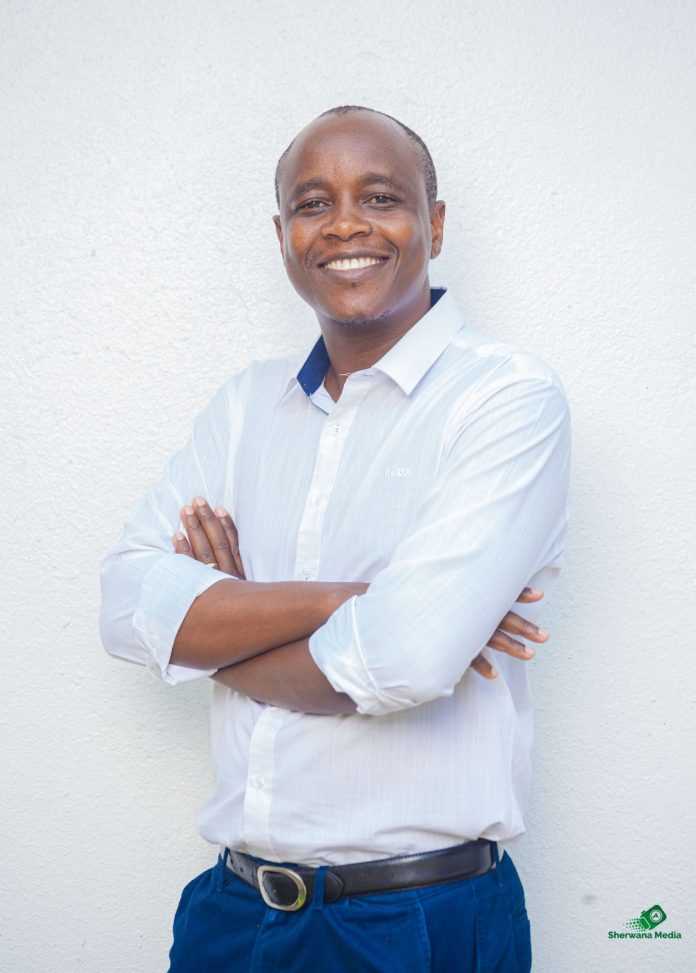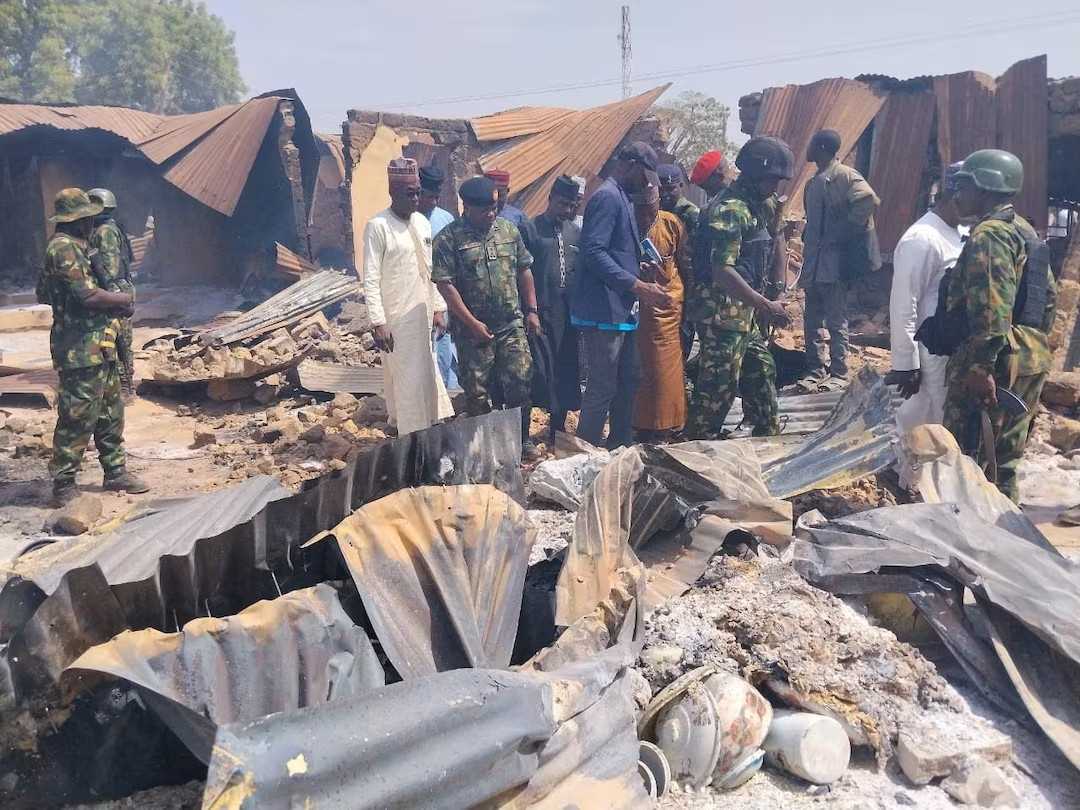
Rutendo Mazhindu
Zim Now Reporter
“Success is not measured by what you accomplish, but by the opposition you have encountered, and the courage with which you have maintained the struggle against overwhelming odds,” the late American inspirational author, Dr. Orison Swett Marden, once wrote.
This quote aptly describes the journey of Zimbabwean public health specialist Dr. Efison Dhodho, whose dedication to service and success transcends the unimaginable. While some colleagues sought greener pastures abroad during Zimbabwe's challenging times, Dr. Dhodho chose to stay and serve his fellow countrymen and women.
His story is one of unwavering determination, rising from humble beginnings in resource-constrained Mwenezi to becoming a doctor making a significant impact.
“I grew up in the rural areas of Mwenezi, and the only time I got to Harare was when I went to UZ,” Dr. Dhodho recounts.
“In 1999, I remember getting off a ZUPCO bus at Churchill Road, close to UZ, and dragging my trunk to the University of Zimbabwe as a student. That moment is still vivid because it marked the beginning of a long journey from the extremely remote district of Mwenezi. I started my schooling in Mwenezi at a primary school in an area with very few schools.”
Dr. Dhodho overcame numerous hurdles in his education, driven by his unrelenting ambition to become a doctor.
“My mother was a rural nurse, and I went to live with her because I was sickly,” he shares. “I was kind of a mama’s boy in that sense. We are 13 siblings, and I’m the fifth. Most of my family stayed with my father, who was a teacher. But due to my frequent illnesses, including pneumonia, I had to stay close to the clinic where I could get monthly injections of painful benzathine penicillin.”
After completing his studies and an internship at Mpilo Hospital in Bulawayo, Dr. Dhodho chose to work in Binga District in 2007, staying until 2010 and later serving Matabeleland North Province for an additional two and a half years.
Working in rural areas was a childhood dream fulfilled, but it came with its challenges.
Related Stories
In 2008, the antiretroviral treatment (ART) program in Binga faced significant hurdles. Only 15 patients could access life-saving ARVs, requiring them to travel over 200 kilometers to Hwange for medication.
“In the hospital wards, many patients were dying from AIDS. The situation was dire,” Dr. Dhodho recalls. “While ARVs were coming into the country, transporting them to the people remained a challenge. The policy at that time only allowed ARVs to be provided at hospitals. But I said, ‘This doesn’t work; people are dying.’
I met with Chiefs to address the stigma around HIV and sought their permission and support to deliver ARVs in unconventional ways. I asked them to lead by example by getting tested themselves, assuring them their results would remain confidential. The Chiefs agreed, and their involvement helped mobilize their communities.”
Binga also presented personal challenges for Dr. Dhodho.
“When I arrived in Binga, I had a six-month-old daughter, and my wife, who grew up in Marondera, had never lived in a malarious area. Within the first week, my wife contracted malaria. It was a shock, and balancing personal challenges with work demands was tough. But we shared the burden and remained committed.”
Despite the difficulties, Dr. Dhodho was resolute in his mission. His upbringing gave him a unique understanding of the hardships in low-resource settings.
“One of the most rewarding aspects of working in such areas is seeing the difference you make,” he explains. “When you operate on a pregnant woman who would otherwise die and you see the baby, the satisfaction is indescribable. The warmth, smiles, and joy of the people make it all worth it.
In one village clinic, over 500 people were waiting for us with 48 Village Heads. Moments like that stay with you.”
Dr. Dhodho and his team worked closely with the community, relying on Traditional Chiefs to lead by example.
“And they did. The Chiefs got tested, and their participation mobilized their people. We would often work late into the night using car lights, testing and starting people on ARVs. The hospital wards began to empty as fewer people were dying. This success attracted attention, and I was invited to present our model at a conference.
The Ministry of Health adopted this outreach model, which scaled up ART delivery across the country.”
Dr. Dhodho’s work exemplifies how determination and innovation can overcome complex health challenges. By learning from his approach, health systems worldwide can find new ways to deliver equitable and sustainable care for all.




















Leave Comments